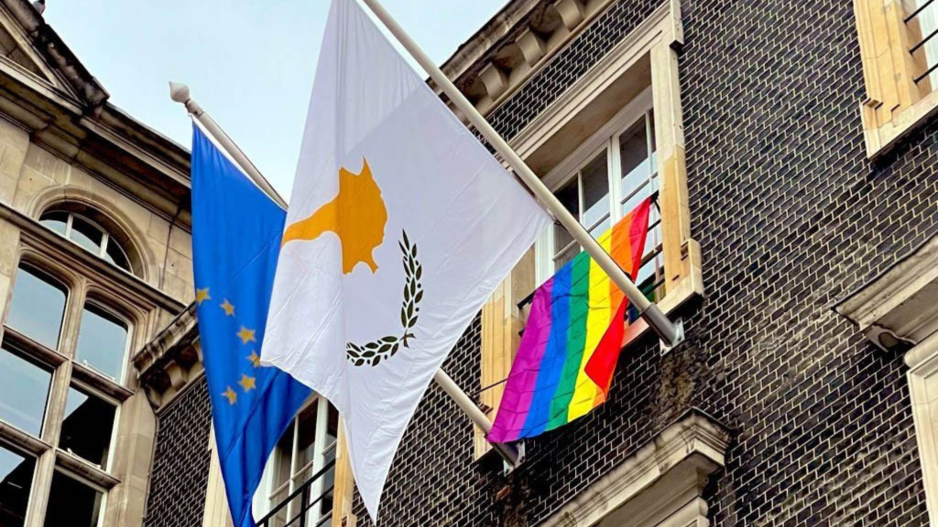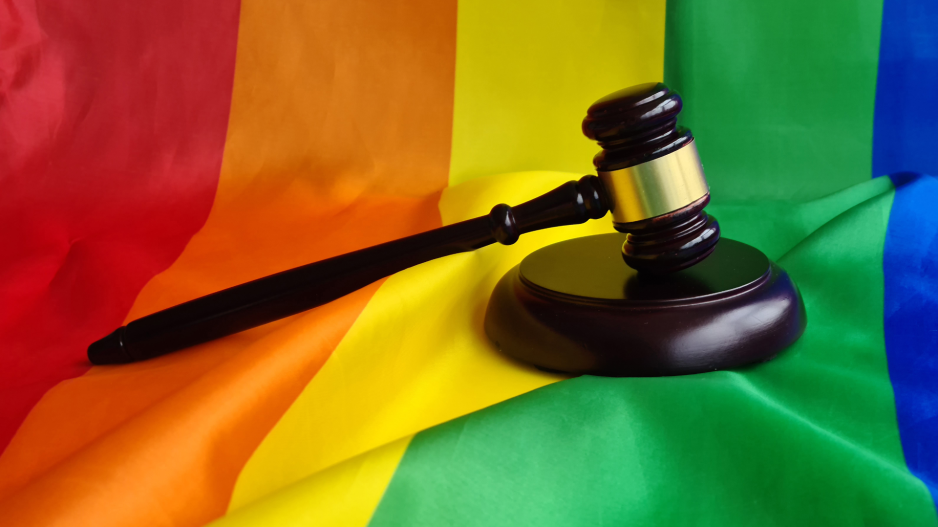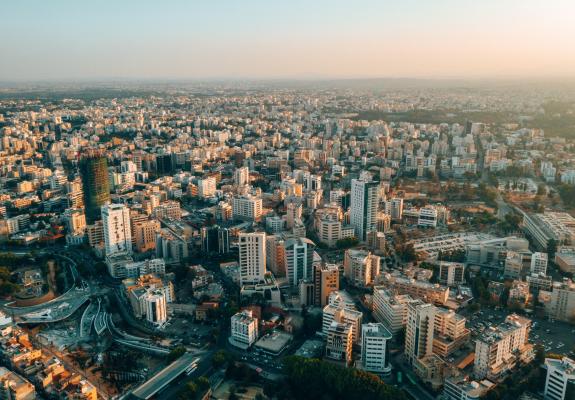The LGBTQIA+ Movement in Cyprus
Activism, Law, and Change Across the Divide
The recognition and advocacy for LGBTQIA+ rights in Cyprus have been long and arduous on both sides of the island's ethnic divide. This article examines the journey of the LGBTQIA+ movement in Cyprus, highlighting significant milestones, ongoing challenges, and future directions for achieving equality and non-discrimination.
Cyprus, a nation with a tumultuous history of colonization and ethnic division, has faced significant barriers to the recognition of LGBTQIA+ rights. Post-1960 independence from British rule saw the criminalization of homosexuality, influenced by nationalist politics that prioritized ethnic issues over other civil rights concerns. Nationalistic discourses, fueled by British colonial policies, enforced heteronormative and cisnormative standards, further marginalizing sexual and gender nonconformity.
Republic of Cyprus (RoC):
The decriminalization process in the south began in earnest in the 1980s with activist Alecos Modinos challenging discriminatory laws. It wasn't until the European Court of Human Rights ruled in Modinos's favor in 1993 that substantial progress was made. Under pressure from the Council of Europe, the RoC decriminalized same-sex sexual conduct in 1998, despite strong opposition from the Orthodox Church of Cyprus.
Northern Cyprus (Turkish Cypriot Administration):
The decriminalization in the north took even longer. Homosexuality remained criminalized until 2014, making it the last European territory to do so. Influenced by EU accession talks and the prospect of island reunification, Turkish Cypriot society saw significant civil society mobilization, leading to the establishment of LGBTQIA+ organizations like the Initiative Against Homophobia (HOKI) and the Feminist Atelier (FEMA). Persistent advocacy and international pressure eventually led to legal reform.
LGBTQIA advocacy groups in Cyprus developed in parallel but distinct paths in the north and south, each influenced by their respective socio-political contexts.
Republic of Cyprus (RoC):
The Greek-Cypriot LGBTI community began organizing in the 1980s, with significant strides made post-EU accession in 2004. The establishment of Accept – LGBTI Cyprus in 2010 marked a significant milestone, leading to increased visibility and advocacy for legal reforms, including civil unions and anti-discrimination laws.
Northern Cyprus (Turkish Cypriot Administration):
The establishment of HOKI in 2007 and its rebranding as Queer Cyprus in 2012 signaled the beginning of organized LGBTI advocacy in the north. Cooperation with feminist organizations and participation in international conferences helped raise awareness and push for legal changes, culminating in the decriminalization of homosexuality in 2014.

Despite the island's division, LGBTQIA+ activists from both communities have found ways to collaborate. Joint conferences, such as the 2010 Solidarity and Networking Conference and the 2012 'Towards Inclusion: Healthcare, Education and the LGBT Community' event, brought together activists from both sides to discuss common challenges and strategies. The first Cyprus Pride in 2014, although held separately in the north and south, symbolized a unified effort for LGBTQIA+ rights across the island.
In 2022, individuals from across Cyprus gathered for a historic "United by Pride" event. This marked the first intercommunal, self-organized, and self-funded grassroots Pride in Cyprus. Co-hosted by Queer Collective Cy, Queer Cyprus Association, LGBT-PILIPINAS, LGBT Africa, and the LGBTQIA+ & Allies Students Club of the University of Cyprus, the event celebrated diversity and solidarity within the LGBTQI+ community. The day commenced with two simultaneous marches from Eleftheria Square and Kuğulu Park, converging at the Home for Cooperation in the Buffer Zone.
On May 2024, the "United by Colors" MoU signing between Accept LGBTI Cyprus and Queer Cyprus, showcased intercommunal solidarity and cooperation between these organizations.
The legal framework concerning LGBTI rights in Cyprus varies between the north and south but shares common deficiencies:
Republic of Cyprus (RoC):
-
Equality and Non-discrimination: While sexual orientation is covered under employment discrimination laws, there are no specific protections for gender identity or sex characteristics in other areas like goods, services, health, and education.
-
Family Rights: Civil unions are recognized, but same-sex marriage and joint adoption remain prohibited.
-
Hate Crimes and Hate Speech: Laws exist but are often ineffective in practice due to challenges in proving motive. In May 2023, Cyprus banned conversion therapy, marking another significant step in protecting LGBTQ+ individuals from harmful practices.
-
Legal Gender Recognition: There is no comprehensive law, though policies allow for changes in ID documents without medical intervention.
Northern Cyprus (Turkish Cypriot Administration):
-
Equality and Non-discrimination: Lacks comprehensive anti-discrimination laws, though some progress has been made with hate speech legislation.
-
Family Rights: Same-sex marriage and civil unions are not recognized, and adoption laws do not accommodate same-sex couples.
-
Legal Gender Recognition: Requires proof of surgical intervention, with no provisions for non-binary identities.
Both communities need to address significant gaps in legal protections and social acceptance for LGBTI individuals. Key areas for future advocacy include:
-
Comprehensive anti-discrimination laws covering all aspects of life.
-
Legal recognition of same-sex marriages and adoption rights.
-
Access to gender-affirming healthcare and recognition without invasive requirements.
-
Effective enforcement of hate crime and hate speech laws.
-
Inclusive education policies to prevent bullying and harassment in schools.
The LGBTI movement in Cyprus has made considerable progress, particularly since the early 2010s. Despite facing socio-political challenges, activists continue to push for substantive equality and intersectional justice. As Cyprus navigates its complex political landscape, the efforts of LGBTQIA+ organizations on both sides of the divide highlight the potential for solidarity and shared progress towards a more inclusive society.






